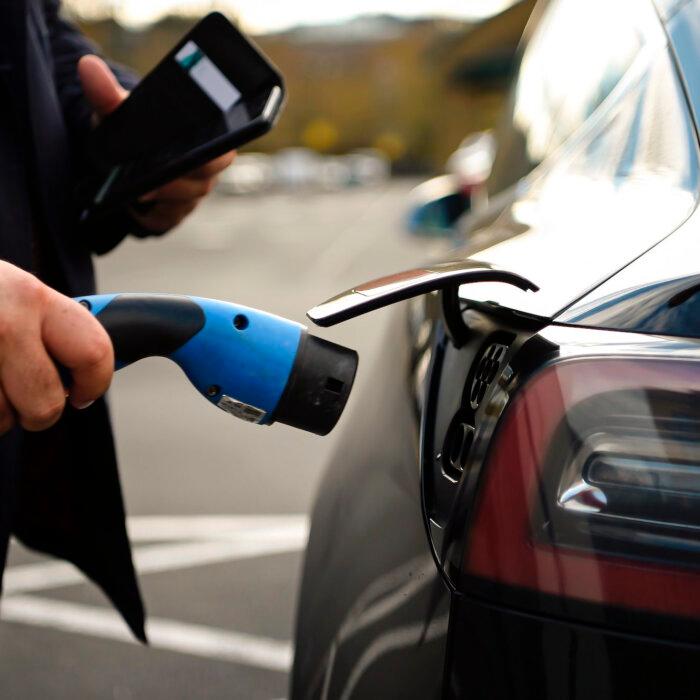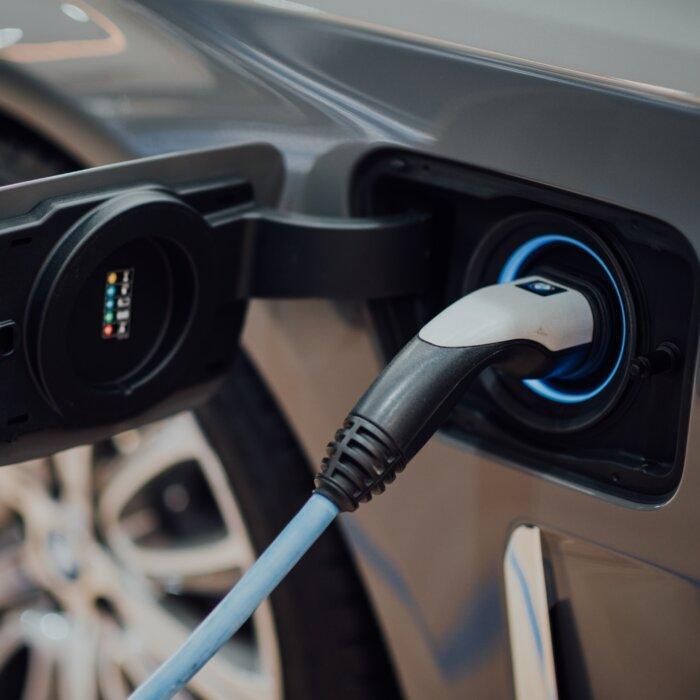Westminster City Council has announced that new parking charges will come into effect this spring, with vehicles charged primarily based on their level of CO2 emissions.
The least polluting vehicles will be paying the least and the most polluting the most, in a payment restructure by the central London local authority.
The changes will be implemented from March 18 for pay-to-park permits and from April 1 for resident permits.
The schemes aim to “encourage the use of low-polluting vehicles” and to “nudge” drivers who park regularly in Westminster, a council with some of the highest carbon emissions and worst air quality of any national local authority.
The decision is part of the council’s commitment to become carbon neutral by 2040.
Opposition
AA spokesman Luke Bosdet told The Times of London that councils “are cooking up new ways to keep the money rolling in from residents’ parking.”He said that many drivers have already responded to the “green” requirements and switched to electric vehicles (EVs).
“Cars owned by London residents do by far the lowest mileage in the country. The CO2 argument for raising residents’ parking tax in London therefore doesn’t stack up, except as a poor excuse to guzzle more cash from drivers who live in the capital,” Mr. Bosdet said.
“Once again official statistics show that councils have turned parking into a huge cash cow, not just a service to stimulate local trade and support workers and visitors,” said Jack Cousens, the AA’s head of roads policy.
Ian Taylor, director of the Alliance of British Drivers, told The Epoch Times he “agreed with the sentiment completely.”
“It is a thin line between traffic management and social engineering of making it impossible to drive your car. That crosses a bit of a line,” Mr. Taylor said.
He suggested that local authorities “want more money” using environmental grounds as their “excuse.”
“This is the most grossly unfair idea to charge drivers based on emissions grounds. The parked vehicle is not producing emissions. The other ground is charging based on the size of the car. Some electric vehicles are as big as traditional cars, so the wear and tear they produce is of the same impact,” Mr. Taylor added.
Charges
Westminster’s Parking Service is the largest in Europe. It provides over 45,000 parking spaces, covering approximately 2,000 streets and some 600 miles of kerbside.The council lists around 9,800 pay-to-park spaces throughout Westminster, with approximately 6 million pay-to-park transactions made in 2022–2023.
For EVS, the new resident permit scheme charges will be based on bands that vary from £40 a year for EVs with a smaller 1–69 kWh battery to £80 a year for EV cars with a larger battery. Drivers of petrol and diesel cars will have to pay significantly more, the council said.
The pay-to-park scheme will have six main bands, dependent upon CO2 emission levels as defined by the DVLA. Currently, EV drivers can park in Westminster for four hours by paying for just 10 minutes, for as little as eight pence an hour.
“Until now, pay to park charges for EVs in Westminster have been extremely low, and to keep up with the increasing demand for EVs, the council is moving to an emissions-based charging system. The new scheme will support the growth of electric vehicles in the city while keeping charges fair, proportionate and as low as possible,” said Paul Dimoldenberg, the Cabinet member for air quality, in a statement.
The council reported that the new prices compare favourably to those in other local authorities of London, including Camden, City of London, and Hammersmith.







